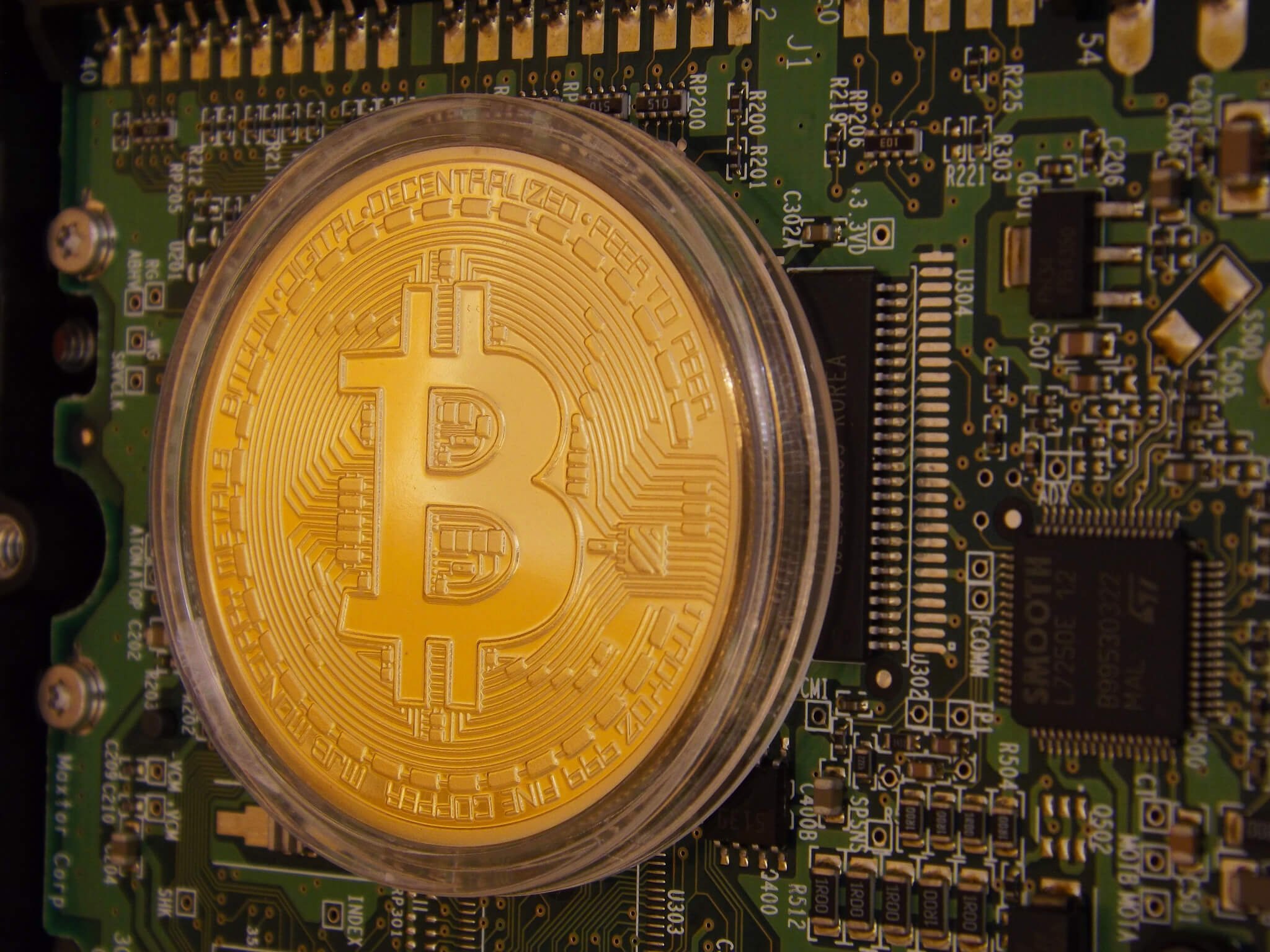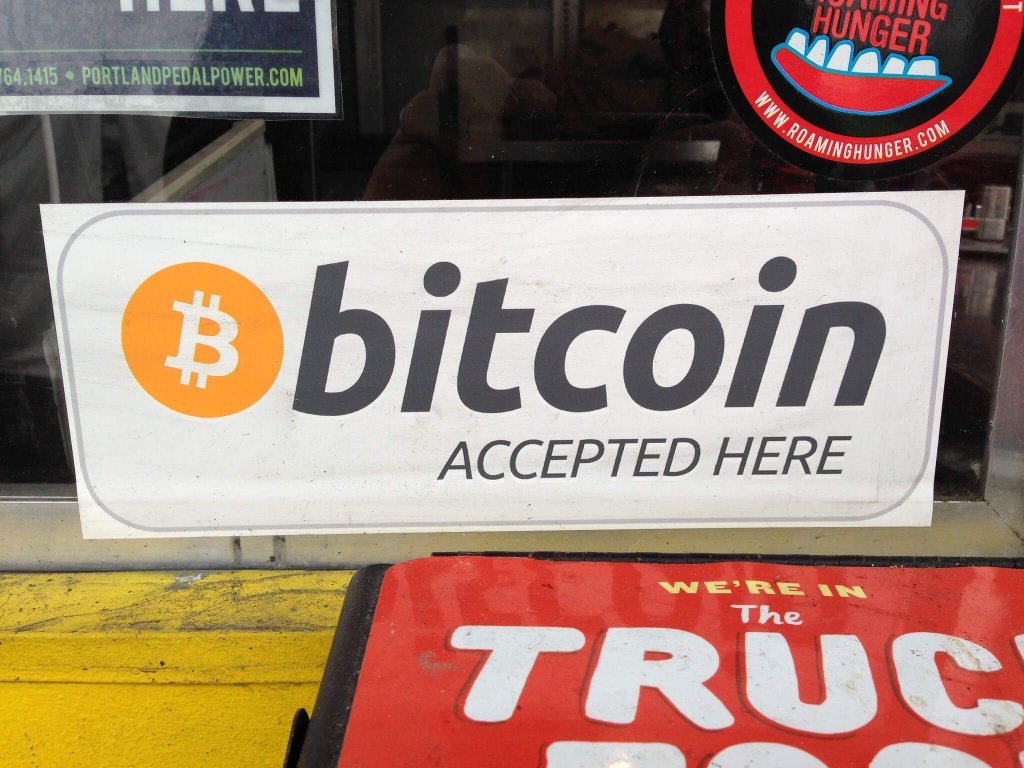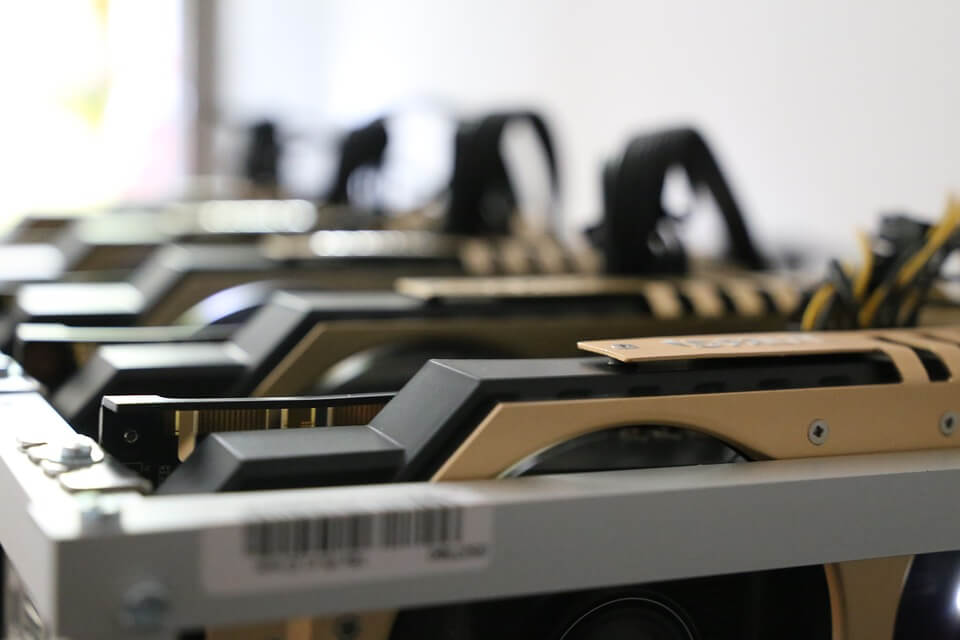Crypto
Here’s how blockchain will redefine banking
The blockchain has the potential to reinvent banking in the future.

For many years, the world’s financial system has been operating in a similar manner. Despite massive leaps in financial technology, financial bodies such as banks have seen little change in terms of their structure and how they serve clients.
The results are consistent inefficiencies, fraud, time wastage and a huge trail of paperwork. Studies have shown that economic crime is top among the major concerns of financial intermediaries such as stock exchanges and payment network, with at least 45% of such organizations affected every year.
Despite these challenges, the world’s financial system continues to support a $100 trillion global economy. The financial world witnesses constant shifts in various dynamics. In fact, it is one of the most robust industries where innovation has led to more financial inclusion.
Innovations like PayPal have enabled instant payments in real time. Mpesa in Kenya has taken the industry by storm. Imagine what we could achieve if the banking industry shed its inefficiencies and redundancies? What if bank transactions could take a shorter time? What if you could buy currencies or financial instruments without much hassle?
This and much more will be made possible, thanks to the blockchain. The blockchain is a new and exciting technology and is the force behind Bitcoin and other cryptocurrencies. Blockchain banking is poised to redefine banking in many exciting ways.

Blockchain is behind Bitcoin which is expected to replace cash transactions in the future. (Photo by Francis Storr via Flickr. CC BY-SA 2.0)
Understanding blockchain
Blockchain is a global, digital ledger that records economic transactions. The transactions are made public, and anyone in the network can view them.
Each ledger is linked to the previous one, making the information public. It is a decentralized, peer-to-peer system that records, validates and approves transactions without involving any intermediary.
How is it different from traditional banking?
In banking, one has to rely on a person or a group of people to approve transactions. Blockchain makes it possible for two people to transact and make agreements without involving an intermediary because the network is decentralized. All one needs is just an internet connection.
All information recorded in the network is immediately made public to all users. This effectively eliminates double transaction and consequently, fraud. Imagine if you were to buy art or a financial instrument that has already been sold to someone else. Banks spend billions of dollars securing their networks to keep fraudsters at bay. Blockchain banking could help banks cut costs.
Record keeping, a core banking function is made easier using blockchain. Single blocks linked to each other store vital information such as transaction history. Users can access this information easily, helping them make informed financial decisions.
How blockchain can revolutionize banking and finance
Businesses have to raise capital for growth. Whether it is from venture capitalists, angel investors or through crowdfunding, cash flow is important, especially for new businesses. Investors looking to invest in a business must conduct extensive background research to know that they are spending their money on the right venture. Blockchain bridges the gap between investors and business ventures, effectively making the matchmaking process a simple, peer-to-peer activity.
Through distributed share offerings, startups can leverage on blockchain to raise capital for their operations. In 2016 alone, blockchain companies managed to raise $200 million through initial coin offering (ICO) and a further $400 million from traditional investors. KPMG reported that the overall investment to fintech companies soared to $24.7 billion in 2016.

Businesses and startups can leverage on blockchain technology to raise funds. (Source)
Accounting
Accounting is at the core of the banking industry. Banks must keep financial records and issue regular reports to investors and the general public. Accounting in the modern banking industry is a complex process that could be made simpler using blockchain.
Using blockchain banking, all transactions get stored in a distributed ledger, with all information updated in real time. This information is then made public. In the event of an audit, retrieval of the information becomes easy. Banks could avoid paying huge audit fees to audit firms.
Payments
In traditional banking, payments have to be approved and validated by the bank. If a bank in the US were to send money to another bank in China, teams on both sides would be working round the clock, validating the transaction and ensuring that there is value for money. This results in time wasted on a single transaction. Since the process is being overseen by people, it is prone to human error.
Blockchain banking would eliminate the case of the double transaction and the risk of money laundering. How would this work? First, in the above scenario, blockchain would record the transaction between the banks in real time. The information would then be immediately available across the world. This means that anyone in the network can see that the bank in the US has sent money to another one in China. The transparency lifts the lid on opaque and secretive money transfers that help money laundering cons thrive in their game.
Exchanges
Financial instruments are largely available to the banked only. This puts the unbanked in the financial cold. The exclusivity of traditional banking has made it almost impossible for those seeking to create wealth to do so freely. With blockchain banking, trading and settling become faster. Trading on platforms like SpectroCoin, Kraken, and Coinbase would, therefore, become easy for everyone. Instead of taking weeks and days, it will just take minutes or seconds to trade.
Eliminating the middleman
Blockchain banking will eliminate the middleman. The technology is designed to approve and validate transactions such as payments. Banks that have been paying transaction fees to third parties to process payments for clients will save on this costs.
Banks are adopting blockchain
With all the advantages that blockchain banking has in the industry, banks have started becoming interested. In his annual letter to shareholders, Jamie Dimon, CEO JPMorgan Chase warned that “Silicon Valley is coming.”
In 2015, nine major investment banks including BBVA, JPMorgan, Royal Bank of Scotland, Credit Suisse and State Street formed a partnership with R3, a blockchain startup. The aim is to explore the opportunities that exist in blockchain banking. By 2016, R3 had 47 financial service providers on board. This shows the vast potential that exists in the blockchain.
—
DISCLAIMER: This article expresses my own ideas and opinions. Any information I have shared are from sources that I believe to be reliable and accurate. I did not receive any financial compensation in writing this post, nor do I own any shares in any company I’ve mentioned. I encourage any reader to do their own diligent research first before making any investment decisions.
Photo by Francesco Mondello via Flickr. CC BY-NC-SA 2.0

-

 Cannabis1 week ago
Cannabis1 week agoSwitzerland Advances Cannabis Legalization with Public Health Focus
-

 Crowdfunding3 days ago
Crowdfunding3 days agoEquity Crowdfunding in Europe Surges to €160M in H1 2025 Amid Market Resilience
-

 Fintech1 week ago
Fintech1 week agoRipple and Mercado Bitcoin Expand RWA Tokenization on XRPL
-

 Crypto10 hours ago
Crypto10 hours agoXRP Hits New All-Time High Amid U.S. Crypto Policy Shift and Ripple’s Expansion

























You must be logged in to post a comment Login